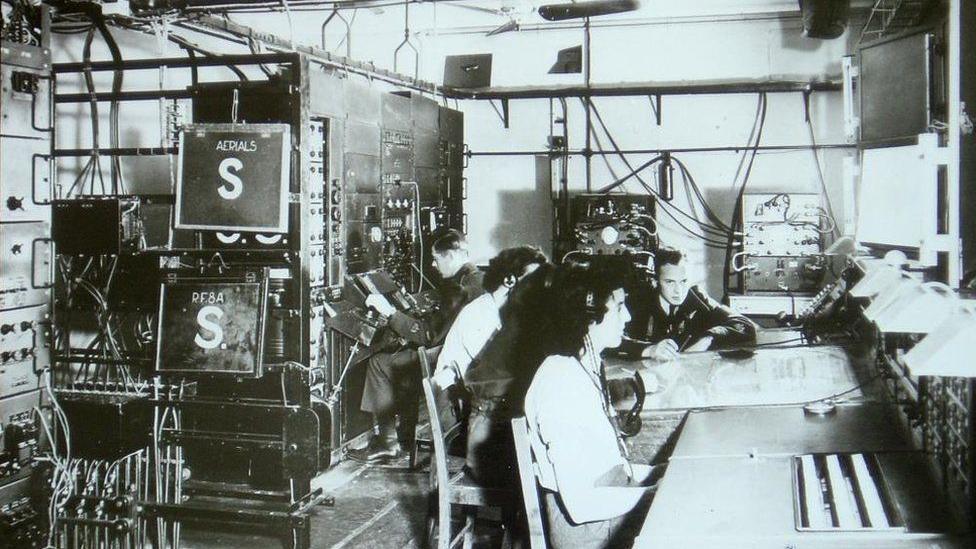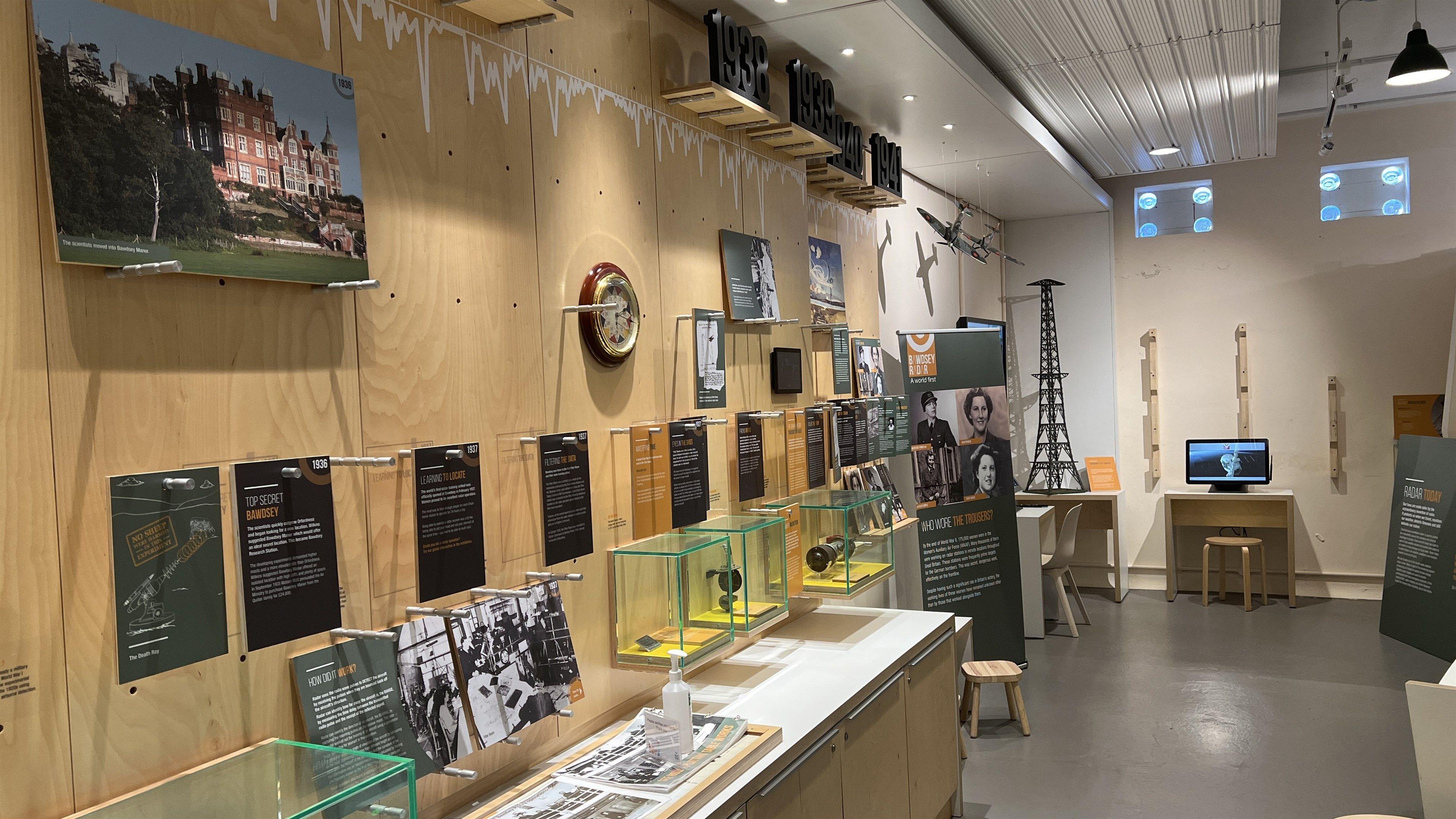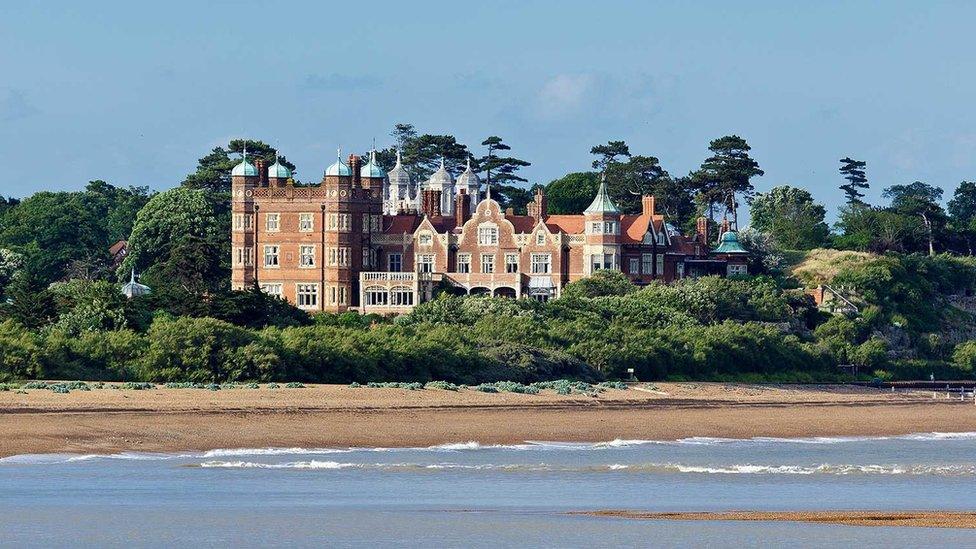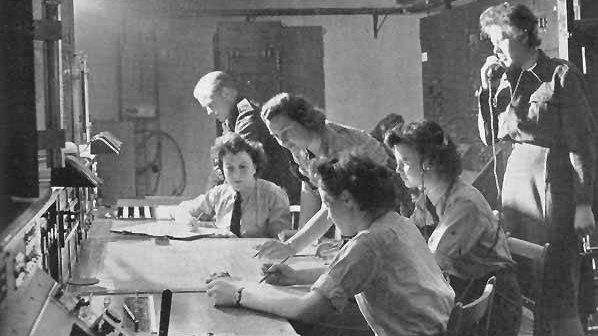World's first airborne radar to be commemorated

The Bawdsey radar station near Felixstowe was instrumental in the success of the Battle of Britain
- Published
The world's first airborne radar will be commemorated on the 80th anniversary of the end of the Second World War.
On 15 August 1945, Japan announced its surrender to the Allied forces, bringing an end to World War Two.
Bawdsey, on the Suffolk coast, is home to the world's first operational radar station, which started operating in September 1937 and became a blueprint for other stations that were vital in winning the Battle of Britain.
An event at BT's Adastral Park in Martlesham Heath will display replica radar equipment used at the time - while there will also be presentations for people to learn about radar.
Radar enthusiast and expert Tony Waller is behind the construction of the replica equipment.
He said it had been a "labour of love" working on the project and he had made use of old laboratory notes, documents and pictures for his work.
"The original ground radar setup would have spanned a football pitch, so fitting it into an aircraft was no easy task," he said.
"There is very little known about the original day-to-day programme.
"There was not a lot written down, and no hardware from the early days is known to exist, and their secret research was scribbled into Air Ministry exercise books that were confiscated and have since been destroyed."

People can learn more about the Bawdsey radar at the former transmitter block which has been turned into a museum
The event will see a morning session from 10:00 to 12:00 BST and an afternoon session from 14:00 to 16:30.
RAF Martlesham Heath, near where the event is being hosted, was also the site of the world's first airborne radar experiments.
As well as this, BT was previously known as the General Post Office which was instrumental in providing networks, calculators and other support in the Battle of Britain.
Graham Murchie, organiser of the event, said it was a "unique opportunity" to hear of the "significant contribution" made by people in Suffolk during World War Two.
"The activity was as secret as the work at Bletchley Park, and this is a chance to recognise and celebrate this historic Suffolk-based activity," he added.
Get in touch
Do you have a story suggestion for Suffolk?
Follow Suffolk news on BBC Sounds, Facebook, external, Instagram, external and X, external.
Related topics
- Published6 July 2024

- Published25 February 2022

- Published12 January 2016
